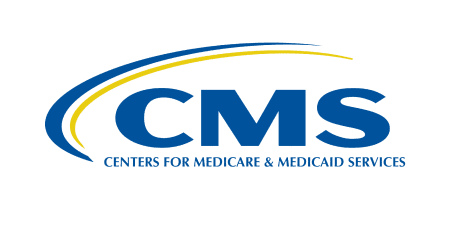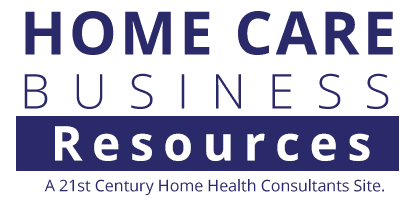How Home Care works with Commercial Insurance Payers
By John Dapello, President of 21st Century Health Care Consultants
The fact is that Medicare will continue to reduce percentages of payouts for services provided, thus these reduced payments will require home health agencies to look for other ways to maintain revenue and profits. The most significant in the area of alternative sources of revenue to consider is commercial payers. Preparation and most importantly being well organized is the key to success when it comes to working with commercial (private insurance) payers at your agency.

There are several types of insurance opportunities that will be potential resources for your agency. They are as follows:
- Medicare Advantage providers
- Medicaid HMOs
- Commercial care companies.
You need to know your market. Priority number one is to find out which insurance companies operate in your area.
Your next step will be to contract with commercial payers. Most commercial payers will require CHAPS, ACHC, or Joint Commission Accreditation to be a contracted provider. You will need to contact them to find out what they require. Our suggestion is to get accredited for this requirement will necessary to compete in the ever-changing home health care arena. Being eligible to contract with the insurance companies, does not necessarily mean that the insurance companies have to admit you to their network. Many times, admission is determined by specialty, regional need, and demand. If you offer special services such as IV therapy and infusion services some of which may set you apart from other home health or hospice agencies, be sure to let them know!
When you become a Contracted Provider being knowledgeable in these details will make a big difference. Your staff must be trained on what is needed to take on patients with private insurance. You will need to know the differences between handling Medicare and commercial care. If you are a Medicare agency providing services and following Medicare conditions of participation may be different than what commercial care insurance requires. To ensure that your agency is providing the required care and documentation of care as well as ensuring that your agency is accurately paid for the services you will need to know each insurance company’s requirements and their different details for authorization and reimbursement.
Authorizations You never want to see a patient without prior authorization. This could lead to non-covered services that will not be reimbursable. Almost all the insurance companies that you will be working with will require pre-approved authorizations for care. We highly recommend that you acquire authorizations for care before you see any patient. Your Authorizations usually cover a certain number of visits over a set period of time. Your agency must document all care provided and visits made. If your patient requires more services an additional request and authorization are required in writing and approval is too kept on file.
Electronic Billing If you have ever worked with Paper claims what you will find is that they can easily get lost. This is a very big problem for both you and the insurance company. Having improper patient records or lost documentation can result in compliance issues with your state licensing bureau and possible suspension of your license. Bottom line is that paper records are not preferred in some cases not allowed by insurance companies. Most require electronic billing software. Can you imagine having let’s say 50 different payers that have to be set up to be billed correctly without billing software? We suggest that this should be a requirement for your agency and needed when you start the process of contacting your commercial paying resources. Many commercial payers do not pay episodically. They each have their NPI number, tax ID number, etc. Remember that when you bill, services are individually authorized first, and more often than not, co-pays and/or deductibles are required.
Being organized and knowing when to Follow-Up is Critical. Unlike Medicare claims, which is a straightforward process. Commercial insurance companies can be more complicated. All commercial payer has their own rules. Your agency will be responsible to follow them. Without proper follow up you will have reimbursement issues and cash flow problems. Cash flow is critical for your everyday operational success. The key is having billers that are properly trained and familiar with each step of every insurance payer’s billing process.
Contact 21st Century Health Care Consultants
888-850-6932
